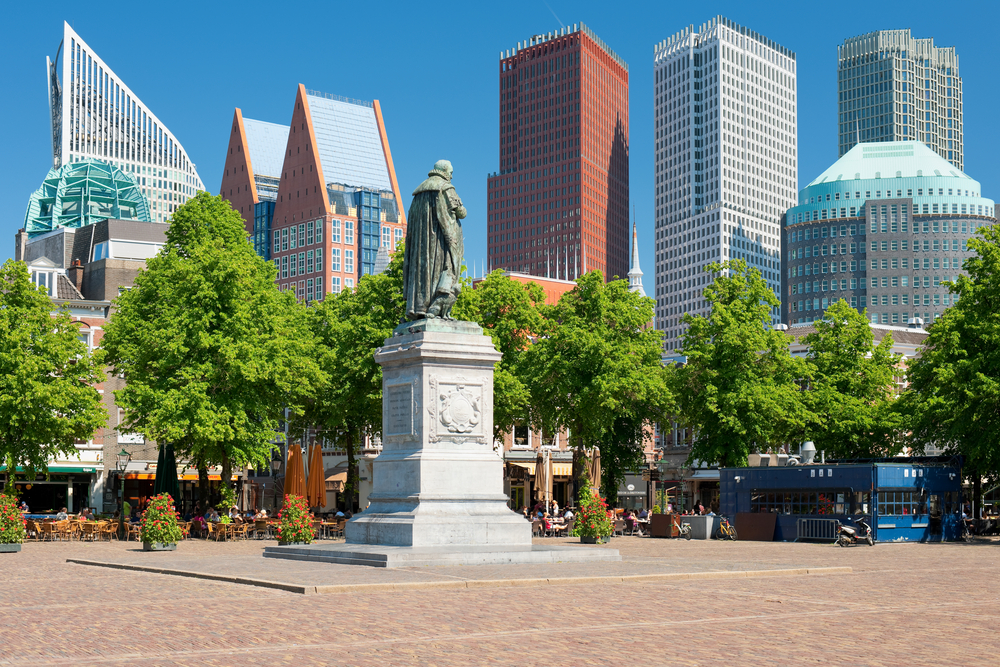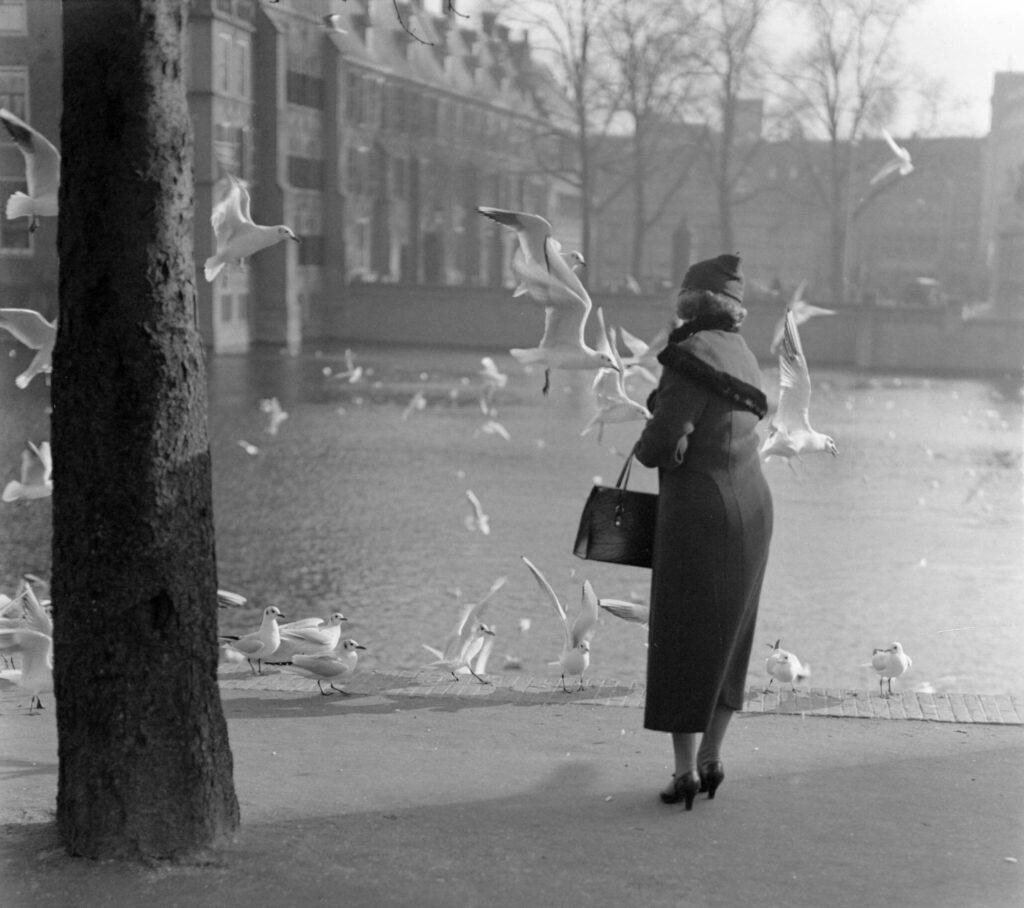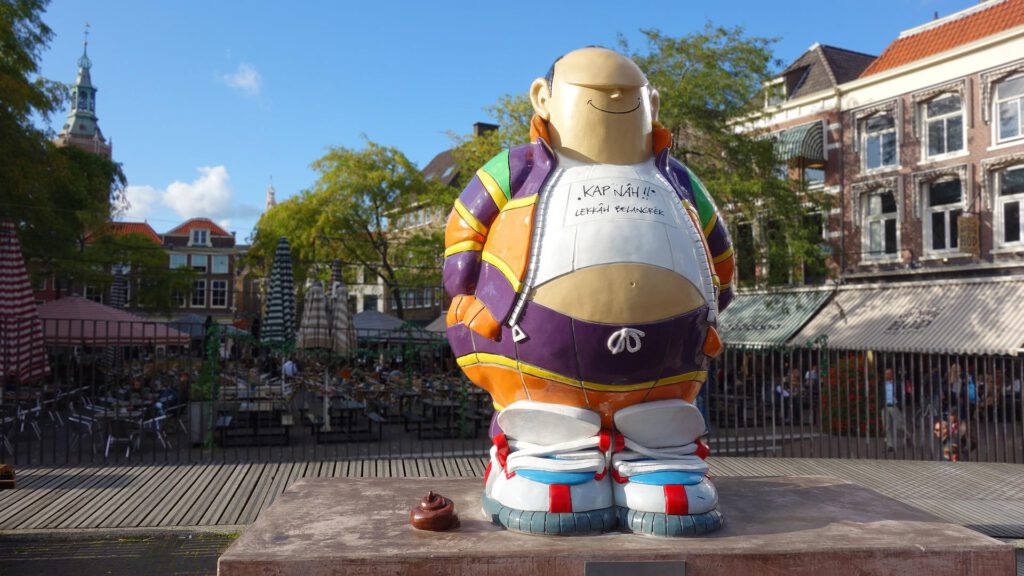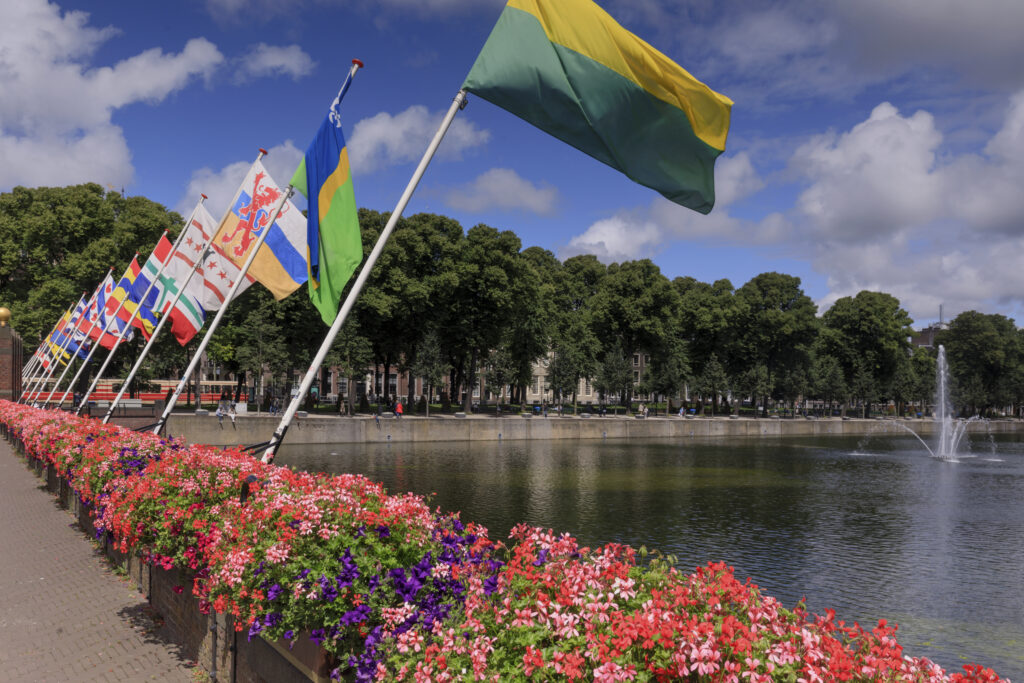As one of the most important cities in the Netherlands (Amsterdammers, fight me), it’s no wonder The Hague has a culture full of old traditions and history.
One of the lesser known aspects of life in stork town, however, is that its inhabitants have been called by two different names for as long as anyone can remember.
The city has been starkly divided in more ways than one throughout centuries. As a foreigner, there is one sticking point that is particularly confusing: what should you call a person from The Hague?

This is a short tale about class, geography, and stereotypes, and (as with any good story) nobody is ever 100% sure about what’s fact, what’s fiction, and what’s a convenient coincidence.
READ MORE | Moving to The Hague: the ultimate and complete guide
In short, it goes like this: rich people are called Hagenaars, and poor people are called Hageneezen. Well, that’s one version at least, and it’s the one we’re going to focus on here.
Hagenaars: the Dutch elite
Have you ever heard the saying “a wise man builds his house on the rocks, a foolish man builds his house on sand’’? That’s usually true. Well, except if you live in The Hague.
As a Dutch coastal town, there’s no shortage of sandy ground in The Hague, but also squishy, moist peat soil. In other words, when building a house, sand ground is the lesser of two evils.

Traditionally, the fancy folks living here wanted to build their houses on the best possible land they could find, which in this case meant dune soil.
READ MORE | Trip down memory lane: The Hague in 1937 (video inside!)
That’s how the rich, snobbish elite of The Hague came to live mostly (if not only) on the sand ground. That is also how the city’s social divisions became strengthened and entrenched in its culture and geography.
So, if you find yourself living on sandy ground, chances are you’re a real Hagenaar.
TIP: If you walk through one of the fanciest parts of town, Lange Voorhout, you can see a statue of a typical Hagenaar (Dutch columnist Eduard Elias) just outside the Swiss embassy. Read the sign, and you’ll see it says: “I look around, and smile”, like the gentleman that he is.
Hagenezen: the real ones
You can probably foresee where we’re going next: to the Hagenezen, of course! And just like all other underdogs ever, the Hagenezen tend(ed) to view themselves as the “real” face of The Hague.

With their houses built on the unstable peat soil, the less fortunate of The Hague’s inhabitants had to settle for the second best.
READ MORE | 7 of the best free things to do in The Hague
Typically portrayed as poor-ish, working class, down-to-earth folks, the Hagenezen are just as big of a part of The Hague as the rich and political upper class.
Imagine white tennis socks in sandals, biertje in hand, chilling in a rusty camping chair, and naturally, rocking the infamous The Hague Mullet.
TIP: If you walk through one of the historically less fancy parts of town, to the Grote Markt, you can see a statue of a typical Hagenees: Haagse Harry. Take a peek around to the back of the sculpture for a vulgar surprise … 👀
The Hague today
Today, the explanation of how people from The Hague got their names can (according to some) mostly be reflected in the city’s flag.

Some say the yellow colour represents the sand of the dunes, and the green represents the peat soil — binding together both parts of the divided city.
READ MORE | 7 things you didn’t know about The Hague
When it comes to the actual names, it might be a relief to hear that most people don’t care very much about the labels anymore (just in case you were about to go into an existential crisis over which name you should take on).
A slightly newer interpretation of the two names is characterised by the international nature of The Hague: Hagenezen are the people born and raised in the city, and the Hagenaars are the ones who only moved there later on.
In the end, The Hague still has a distinct divide between the internationally oriented, well-off, highbrow political elite in the fancy areas of town (you know where we’re talking about) and the slightly less fancy-schmancy folks.
It’s hard to ignore this duality in a city that attracts the Dutch political elite more than any other.
Are you a Hagenees or a Hagenaar? Neither? Both? Tell us in the comments below!





Experienced that negative judgment from some when temporarily living in one of the “wrong” parts of the city. Not a nice experience being judged negatively and unfairly on the basis of where one lives. The people in our neighbourhood were great once one got used to the “polder mentaliteit”. Although, for someone who lives in London, I’m not sure one could ever really get used to that! It can feel very clostrophobic!